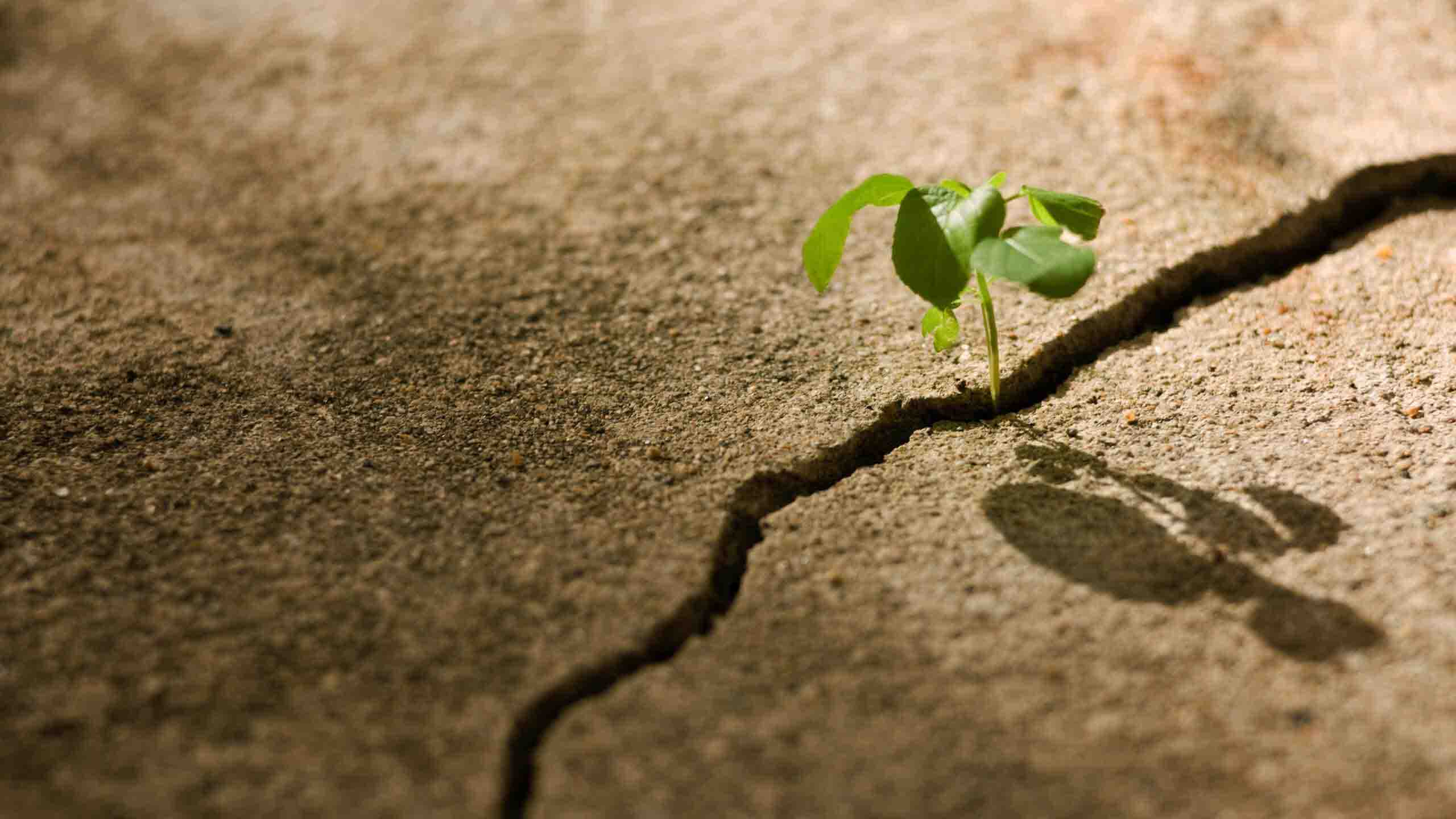If history is a process, there is no gainsaying that it can change its course, which is also why the present is important. A neglect of the constituents which have shaped history and more importantly, which will shape history for the future, can be disastrous. Civilisations have fallen for new ones replaced them on the basis of this dynamic alone. The most resilient have been those which have been able to decipher the natural pressures of history and accommodate them without undue detriment to the self. Needless to say, nothing can stand against this pressure and hope to survive, and indeed those which have been most resilient have had the best chances to survive. These societies were ready to accommodate through a process of osmotic assimilation, to use an analogy from high school biology.
Osmosis is, to briefly recap school biology, the flow of water or any liquid from a solution of higher concentration of water (or another liquid) molecules to that of lower concentration of the same molecules through a semi-permeable membrane, unlike the normally expected flow of water in the opposite direction as when the separation of the two differently concentrated liquids are separated by a completely permeable medium. The point is, an assimilation process is inevitable in all spheres of life, and purity either in terms of ethnicity or history or religion, is not an absolute possibility as human history and indeed pre-history have proven.
The only formula for survival under the circumstance would have to about the resilience therefore be willing to bend and accommodate the winds of the time, although after ensuring the critical point of snapping under the pressure is not reached. This is where the notion of osmotic regulation of the assimilation process through the semi-permeable membrane of culture and an educated vision of the future is essential. Drop this semi-permeable membrane and there is the chance of drowning in the floodwaters that is allowed to flow in and overwhelm. Make this membrane totally impermeable and there would be the other danger of an ultimate dam burst under the natural and unceasing tendency of assimilation.
In this regard, it is difficult not to worry about the future of Manipur. In contravention of a middle approach, as represented by the metaphor of the semi-permeable membrane, the dominant advocacy in the society has been of the two extremes. On the one hand, there are those who believe in dropping what is undoubtedly the natural resistance of any society to an unregulated assimilation with other numerically and economically dominant cultures, and on the other are those who would seek to stop any form of assimilation at all and at any cost. Both in our opinion would amount to a cultural suicide, one out of a servile pliancy and the other out of sheer foolhardy obduracy.
There are many who most unwarrantedly presume that opting a middle path is a sign of weakness, but this is again an egoistic fallacy. Perhaps this option is not even a middle path, for the idea of taking the middle path has so inextricably come to be associated with a compromised stance for the sake of easy passage. Instead, it may indeed be the only way of doing things right, therefore the most rational and courageous. Perhaps again this choice is about resilience born out of a respect for the laws of nature and a natural instinct for survival precisely by acknowledging and admitting the inevitable.
Our prayer hence is for Manipur to listen to the voices of moderation without the usual show of scorn for such opinion. For all one knows, this might in the end prove to be the only voice of reason and vision. The proverb that time and tide wait for no man and the manner in which King Canute was humbled for his belief otherwise deserves to be recalled here. The king in his egoistic pride and delusional sense of power, thought he was all powerful and could stand on the beach and order the waves to not flow towards him and wet his feet.
The way forward for anybody and for any society is to acknowledge the need for resilience, accept the necessity for change and ultimate mutual assimilation as a law of life and the universal struggle for survival. But the qualification “mutual” is essential. Making it a one way process in which one culture or identity is allowed to be swallowed up by another without the dominant culture not feeling the need to change or accommodate in a give and take relationship, is what colonisation, both in material as well spiritual, is about.
A look back at the last five or six hundred years of Manipur own remarkably resilient history would give anybody a reason to be proud and be encouraged there is much to be gained by this approach. Manipur has always been an ethnic cauldron where different ethnic groups, cultures and religions melted down to emerge together to become a new distinct and composite identity. If a genome study were to be done on the different sections of people of state today, especially those in the valley, it will not be a surprise at all how widely varied our genetic bank is. Even without a genome scanning, evidences of this are not scarce at all. Who can for instance say the Bamon and Pangal are not part of the composite identity of Manipur or that they have not added to the richness of the idea and identity of Manipur today.










